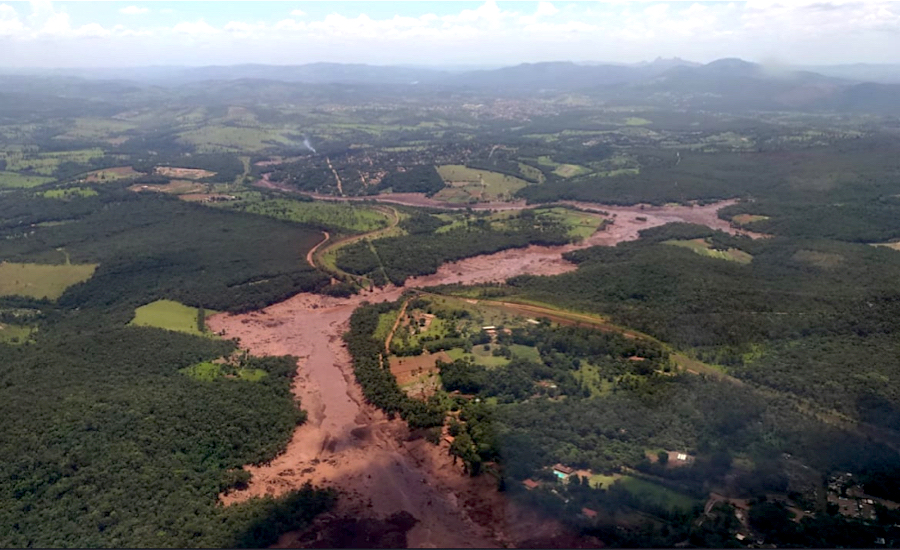
New global standards for mining waste dams should take into account the difficulties of making existing dams compliant, the chair of an independent panel of experts crafting the new rules said on Friday.
Industry groups object to a standard that would apply not only to the design of new dams, but also require existing dams to be modified – a retro-fitting process they claim may be technically impossible, and at the very least expensive and time-consuming.
The world’s largest mining trade group – the International Council on Mining and Metals (ICMM) – voiced concerns last month about the draft standards, especially how the rules could apply equally to new and existing facilities.
“We have to differentiate what we are requiring [for new and existing dams],” Bruno Oberle, the chair of the Global Tailings Review, told Reuters on Friday.
“It is something that is not easy to phrase without making two completely different standards.”
The review was launched after a tailings dam owned by Vale collapsed in Brazil in January, killing hundreds and triggering calls for greater scrutiny of the dams used to store tonnes of muddy waste produced by the mining process.
Oberle said he is in talks with the ICMM and the other co-convenors, the U.N. Environment Programme and the Principles for Responsible Investment, to smooth out disagreements.
Industry groups object to a standard that would apply not only to the design of new dams, but also require existing dams to be modified
Oberle chairs an eight-person panel of experts which released draft standards for tailings dams on November 15 and launched a six-week public consultation on them.
The standards are set to be finalised by March. While the panel is independent, the three entities backing it must each approve the final findings.
“It’s an extremely tough schedule but for the moment we are on time,” said Oberle.
Prior to Johannesburg the panel held in-country consultations in Kazakhstan’s capital Almaty, Beijing, Santiago, and Accra, the capital of Ghana. It was set to visit Perth, Kalgoorlie, and Brisbane from December 9 to 13.
South Africa was the first country they had visited where no representatives from government attended the tailings consultation, Oberle said.
Reuters was not able to independently verify which government representatives were invited, and a spokeswoman for the Department of Minerals could not say why there was no representation from the South African government.
One issue raised in all the consultations was how the global standard would mesh with local regulations, Oberle said. Another aspect that will need “more attention”, he said, is the management of closed tailings facilities.
(By Helen Reid; Editing by Christina Fincher)
Comments